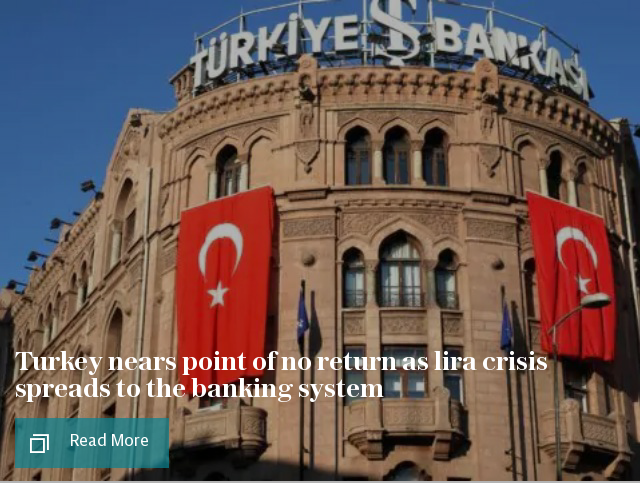Debts, over-stretched markets and global slowdown threaten economy, world’s central banks warn

Surging risky debts, rocky financial markets and signs of a growth slowdown threaten to strike the world economy at a time when central banks have little ammunition left to fight back.
“Further turbulence” is on the way as markets are “overstretched, financial conditions are too easy and debt, globally, is too high,” warned the Bank of International Settlements (BIS), the global forum for central bankers.
It comes after the OECD and credit ratings agency Fitch both cut their global economic growth forecast and economists increasingly fear a recession could strike in 2020.
The risks identified by BIS analysts differ from the financial crisis because that was characterised in large part by excessive bank lending.
This time BIS warns debt on the capital markets is the biggest factor pushing up lending.

It is a particularly big risk because dollar loans to emerging markets can suddenly become more expensive if the US dollar rises and the Federal Reserve hikes interest rates - as shown by Turkey’s crisis this summer.
Risky lending to low-quality borrowers is also on the rise, also driven by the capital markets.
“Investor demand is an important driver of the recent growth in leveraged loans. For one, this is evident from investors’ continuing willingness to accept weaker protection against deterioration in borrowers’ repayment capacity,” BIS said in its quarterly report.
The surge in ‘covenant-lite’ loans is evidence of this, with lenders accepting fewer checks on borrowers’ behaviour and financial positions.
Yet the higher interest paid on these loans may not justify the risk, BIS fears.

The return of securitisations is another worry.
These are bundles of loans grouped together then sold to investors in chunks - a practice which gained a bad reputation in the credit crunch.
Now they are back, and the banks creating the products are retaining an even smaller chunk of the loans than they did in the build up to the crisis.
Meanwhile financial markets in the US have become detached from those in the rest of the world, powering on to new highs on the back of tax cuts even as asset prices elsewhere wobble.
“Sentiment turned sharply in financial markets as 2018 moved into its second half. A renewed US dollar rally and escalating trade tensions resulted in an uneven tightening of global financial conditions,” BIS said, noting that financial conditions became easier in the US despite Fed rate hikes.
“Conditions tightened somewhat in the credit markets of some advanced economies. In contrast, financing tightened sharply in emerging market economies, which saw their currencies depreciate and their access to borrowing wane, amid signs of market disarray in the most vulnerable economies.”

These risks are swirling and threatening to knock the economy at a time when policymakers have little room to step in and dampen any crunch.
“With interest rates still unusually low and central banks’ balance sheets still bloated as never before, there is little left in the medicine chest to nurse the patient back to health or care for him in case of a relapse,” said Claudio Berio, head of the monetary and economic department at BIS.

 Yahoo Finance
Yahoo Finance 